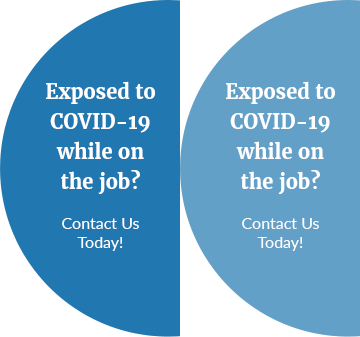PTSD and Other Psychological Trauma from a Car Accident
When people talk about injuries after a car accident, they often forget to include the mental and emotional impact of a crash. Even if you’ve only suffered minor injuries or you’re expected to make a full recovery, a collision can have a massive negative impact on your mental health. This can spill over into other areas of your life, affecting your ability to work, take care of loved ones, and get any enjoyment out of life.
Coping with the trauma of a car accident can help you move forward and heal. A personal injury claim can help you seek the treatment you need. Learn more now by calling Caroselli, Beachler & Coleman at 866-565-4949.
Learn About PTSD
Many car accident victims ignore the early signs of trauma they show after a crash. After all, a little bit of anxiety and fear is normal, right? These symptoms can be indicative of PTSD and being aware of them can help you be proactive about your mental health.
PTSD doesn’t require that you see someone die. You can get PTSD if there was a serious threat of death or harm. Some of the symptoms of PTSD that you may notice include:
- Reliving the accident and the trauma you felt as it unfolded
- Exaggerated reactions to certain sounds, sights, and other stimuli
- Inability to regulate your emotions
- Limited contact with people
- Avoiding places and stimuli associated with the accident
- Unexpected or uncontrollable changes in behavior and mood
If you suspect PTSD, seeking out treatment could help you get on the road to recovery.
Lean on Loved Ones
When people experience mental trauma after an accident, they often feel a responsibility to protect others in their life from their struggles. Instead of talking to loved ones about what they’re going through, they put on a brave face and pretend everything is okay. You likely have multiple friends and family members who are more than willing to support you during this tough time. Figure out who is in a good position to help you and reach out to them when you need to talk.
Seek Out Healthy Coping Mechanisms
The trauma of a crash can push some to seek out unhealthy coping mechanisms, such as drinking, dabbling in drugs, or gambling. Take proactive steps to look for coping mechanisms that serve you, rather than harm you. You might exercise, do yoga, journal, attend group therapy, learn a new craft, or do some mindfulness work.
Engage in Self-Care
You wouldn’t try to force yourself to heal from a broken leg by walking on it, pretending it didn’t hurt, and calling yourself weak for having a leg fracture, so why would you heal psychological trauma that way? Instead, set aside time to engage in intentional self-care.
Self-care doesn’t just mean bubble baths, eye masks, and a good skincare routine. It can also mean taking the naps you need to get through each day, eating healthy food, cutting out toxic people, and seeking out work that makes you feel fulfilled and calm. This might mean making some changes in your life but doing so may help you come out of this time with a greater appreciation for life.
Talk to a Mental Health Professional
A counselor, psychiatrist, or psychologist can help you navigate these difficult and painful times. Look for one with experience in PTSD and accident-related trauma. Depending on the extent of your trauma and the symptoms you display, you may need treatment once a month, once weekly, or only as needed.
It’s important to note that all of these coping techniques may require money. It’s hard to participate in self-care or rest as much as you need when you’re forced back to work before you’ve fully recovered from an accident. That’s why it’s so important to connect with a personal injury attorney after your accident. They can help you get the compensation you need to heal from your collision.
Explore Your Options with Caroselli, Beachler & Coleman
Looking for assistance with your personal injury claim? The team at Caroselli, Beachler & Coleman is here for you. Fill out our online contact form or call 866-565-4949 to set up a consultation right away.



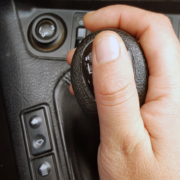
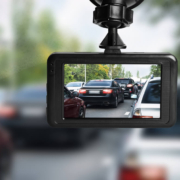

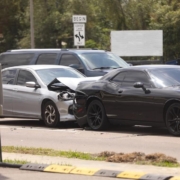
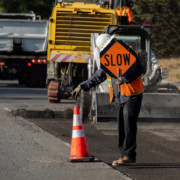
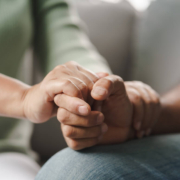 It’s important to think about the mental health consequences of a car accident and get the support you need to heal.
It’s important to think about the mental health consequences of a car accident and get the support you need to heal.



